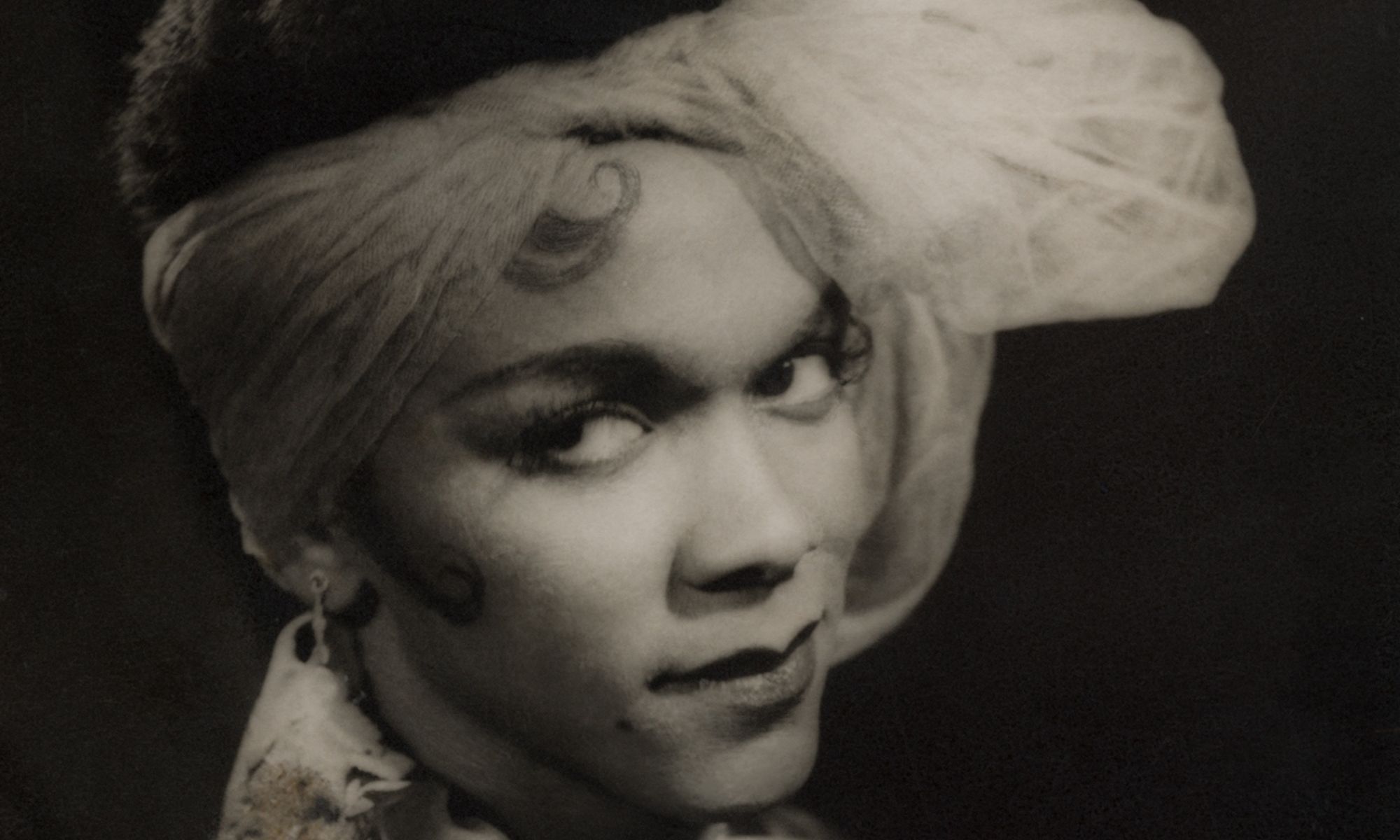LeRoy Foster, Self-Portrait, 1945 Courtesy Mighty Real/Queer Detroit
A Detroit-based non-profit art organisation is launching what it says is the world’s first queer art biennial this week. The month-long project (31 May-30 June) is led by Mighty Real/Queer Detroit (MRQD) and will span 11 galleries and art venues across the Motor City, presenting more than 800 works by around 170 local and US-based artists throughout Pride Month. Titled I Will Be Your Mirror: Reflections of the Contemporary Queer, the project is supported by Detroit’s municipal Office of Arts, Culture and Entrepreneurship.
“We want to emphasise the role of art in achieving personal visibility and building a social connection,” Patrick Burton, MRQD’s creative director and curator, tells The Art Newspaper. “There is a mirroring power of art and that is particularly important in our community in terms of finding affirmation.”
Burton launched MRQD in 2022 with a 17-venue exhibition that included works by around 150 Detroit-born or -based artists. For his initiative’s sophomore act, he was compelled by the growing number of attempts at “erasing” queer visibility in the US, through state and local laws targeting LGBTQIA individuals and youths, to do something broader and more ambitious. “Our point is that art is activism,” he says, “under any form of attack, artists rise up to bring change.”
Peter McGough, The Senses Pay Their Homage, 1987 Courtesy Mighty Real/Queer Detroit
The project’s transformation into an endeavour with a national scope stemmed from a reaction against injustice, but its growth in scale also occurred organically through networks of queer solidarity. Besides extending an invitation to all the artists who participated in the biennial’s precursor in 2022, Burton asked each of them to recommend friends and colleagues. “The list almost unfolded on its own,” he says. Another important resource was the artist registry of Visual AIDS, the storied New York-based non-profit that has long supported the careers of artists living with HIV and Aids, as well as shepherding the estates of those who die from related illnesses.
The biennial brings together art from a range of decades and locales, and in a variety of genres and materials. Well-known artists like Alvin Baltrop, Hugh Steers, Lyle Ashton Harris, George Platt Lynes, Harmony Hammond, Marcus Leatherdale and Frederick Weston are joined by important figures from the local scene such as Tylonn Sawyer, Billy Miller and LeRoy Foster. Other nationally prominent artists including Liz Collins (who is featured in the current Venice Biennale’s main show), Eve Fowler, Clifford Prince King, A.L. Steiner, Hillary Harkness, Anthony Peyton Young and Clarity Haynes are represented across participating venues that include Elaine Jacob Gallery, Galerie Camille, the Detroit Artists Market and Anton Art Center.
Felicita Maynard, untitled iv, 2020 Courtesy the artist
“I am not sure how many other cities can achieve a show this scale, because here, there is no rivalry between the galleries,” Burton says. “This is a great time for New Yorkers to get their work outside,” he adds, “and for the scene in Detroit, this is an enriching opportunity.”
Burton hopes to make Detroit a destination for queer art and culture and he believes in a grassroots model for growth. He took inspiration from the city’s legendary electronic music festival Movement. “After starting 25 years ago with local DJs, it evolved into an international event which is what we want to accomplish through art,” he says.
Jeanette Spicer, Two Courtesy the artist
The biennial has a small team of volunteers and around 75% of this year’s operational budget is dedicated to shipping. Distributing the art between the participating venues was another challenge. Burton presented a large spreadsheet with two works from each participating artist to leaders at all the exhibiting galleries and asked them to choose around 25 names for their space. The majority of the work on view will be on sale.
Programming throughout the month will keep the conversations about queer visibility active. Stage artist Christeene will kick things off on 31 May with her Therapee performance, followed by a film screenings series curated by Adam Baran at the Detroit Institute of Arts’s theatre. Performances by Linda Simpson, Pamela Sneed, Cherry Wood, Marc Arthur and Stephanie Crawford will continue throughout the month. Art’s potential for supporting visibility and camaraderie will be highlighted during visits by queer youth groups.
Ace Morgan, Joan Jett-Blakk, 1990 Courtesy the artist
“We hope to serve as a beacon to young queer kids and foster a sense of belonging and empowerment,” says Burton, who is also a high school art teacher. “We can do more than a parade during Pride Month,” he adds, “because a lot of people in our own community are still unaware of the many ways queer artists have contributed to its resilience.”

